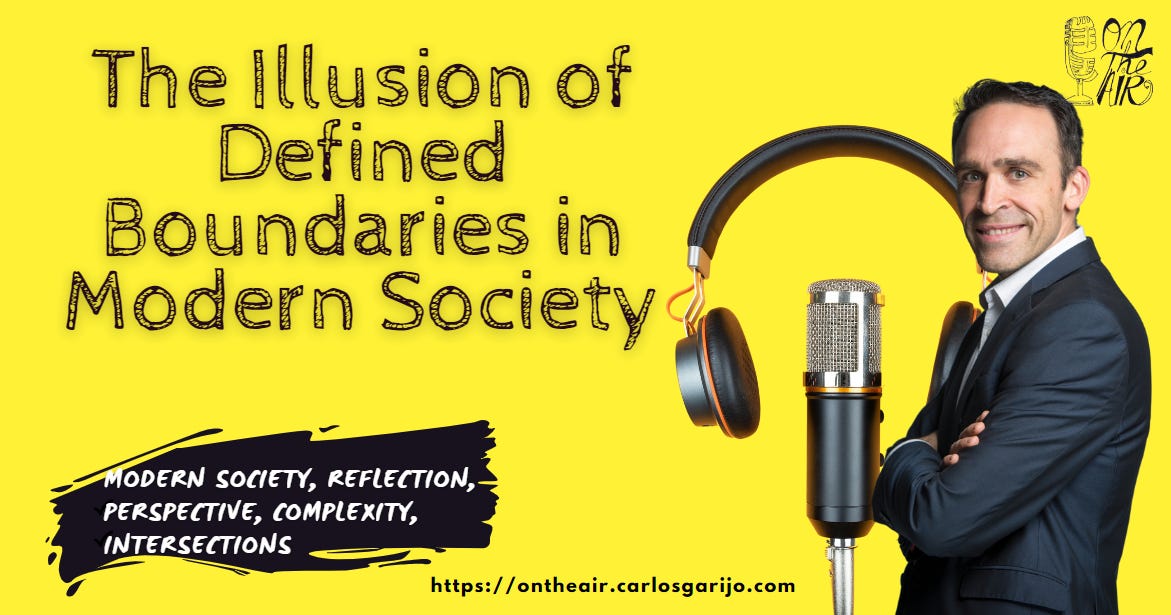The Illusion of Defined Boundaries in Modern Society
In our contemporary society, there is a pervasive obsession with classifying and defining everything around us. We believe that by establishing clear and precise limits, we can better understand the world. However, this pursuit often confronts us with the impossibility of setting exact boundaries.
Blurred Lines in Classification:
The Dune Paradox: Illustrates how ambiguous definitions can be. One grain of sand is not a dune, nor is adding one more. Yet, at some point, we consider the collection a dune. If we remove that last grain, does it cease to be a dune? This example shows that categories are often subjective and context-dependent.
Human Development Stages: Similar ambiguity exists in defining when a baby becomes a child or a child becomes an adolescent. These transitions are gradual with no precise moment, and definitions can vary based on culture and other factors.
Challenges of Over-Categorization:
Our fixation on labeling everything leads to difficulties in establishing limits that are often impossible to define accurately.
This obsession can oversimplify the complexity of the world, causing us to overlook the fluid and ever-changing nature of reality.
Embracing Complexity and Ambiguity:
Recognizing the inherent complexity and ambiguity in defining limits allows for a more open and comprehensive understanding of the world.
Accepting the lack of precision in our classifications invites us to explore the intersections and nuances beyond the boundaries we attempt to set.
Conclusion:
It's time to acknowledge the complexity and fluidity inherent in the world around us. By moving away from rigid classifications, we can adopt a broader perspective that appreciates the interconnectedness and subtle nuances of reality.
Keywords: Limits, Modern Society, Reflection, Perspective, Complexity, Intersections














Share this post